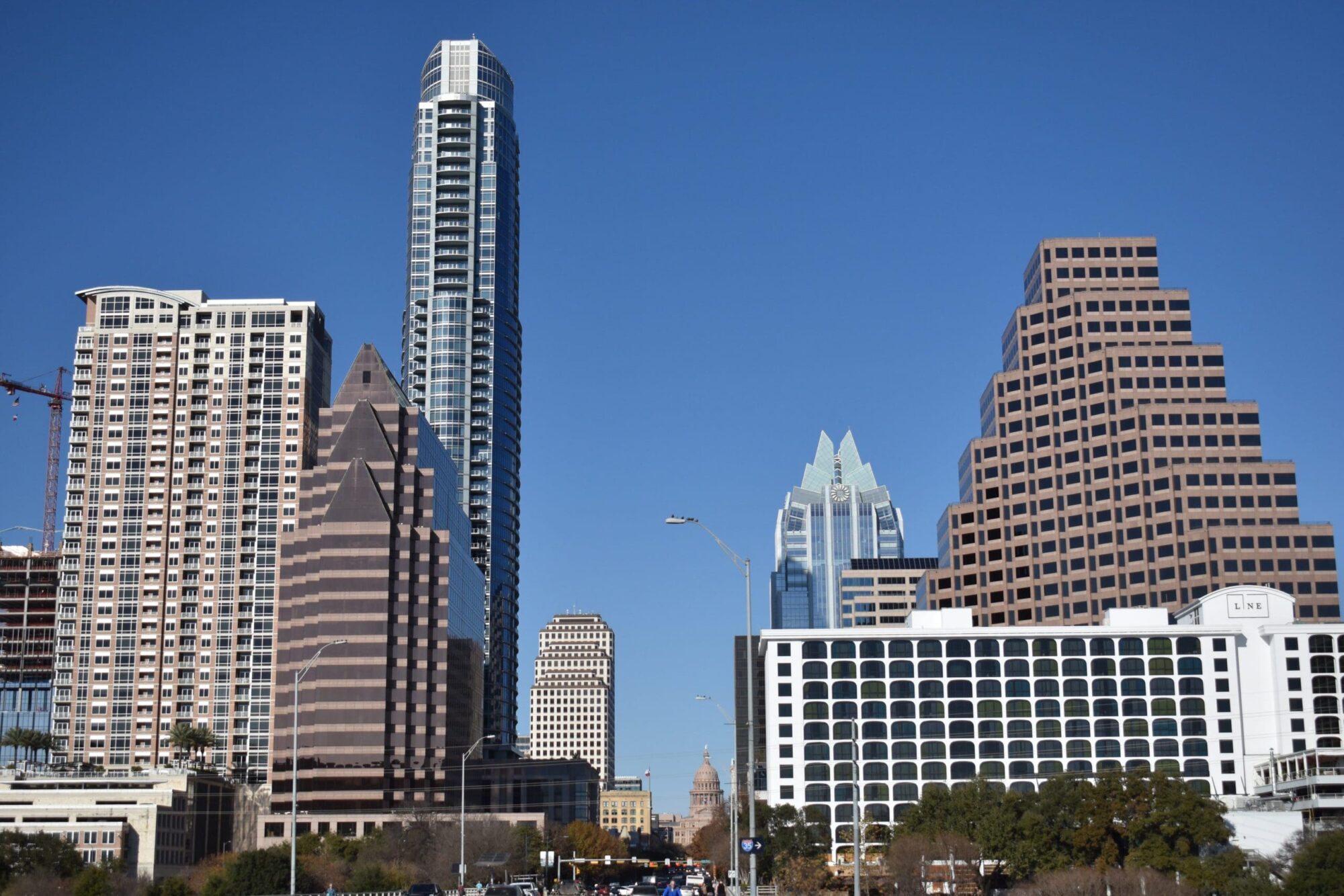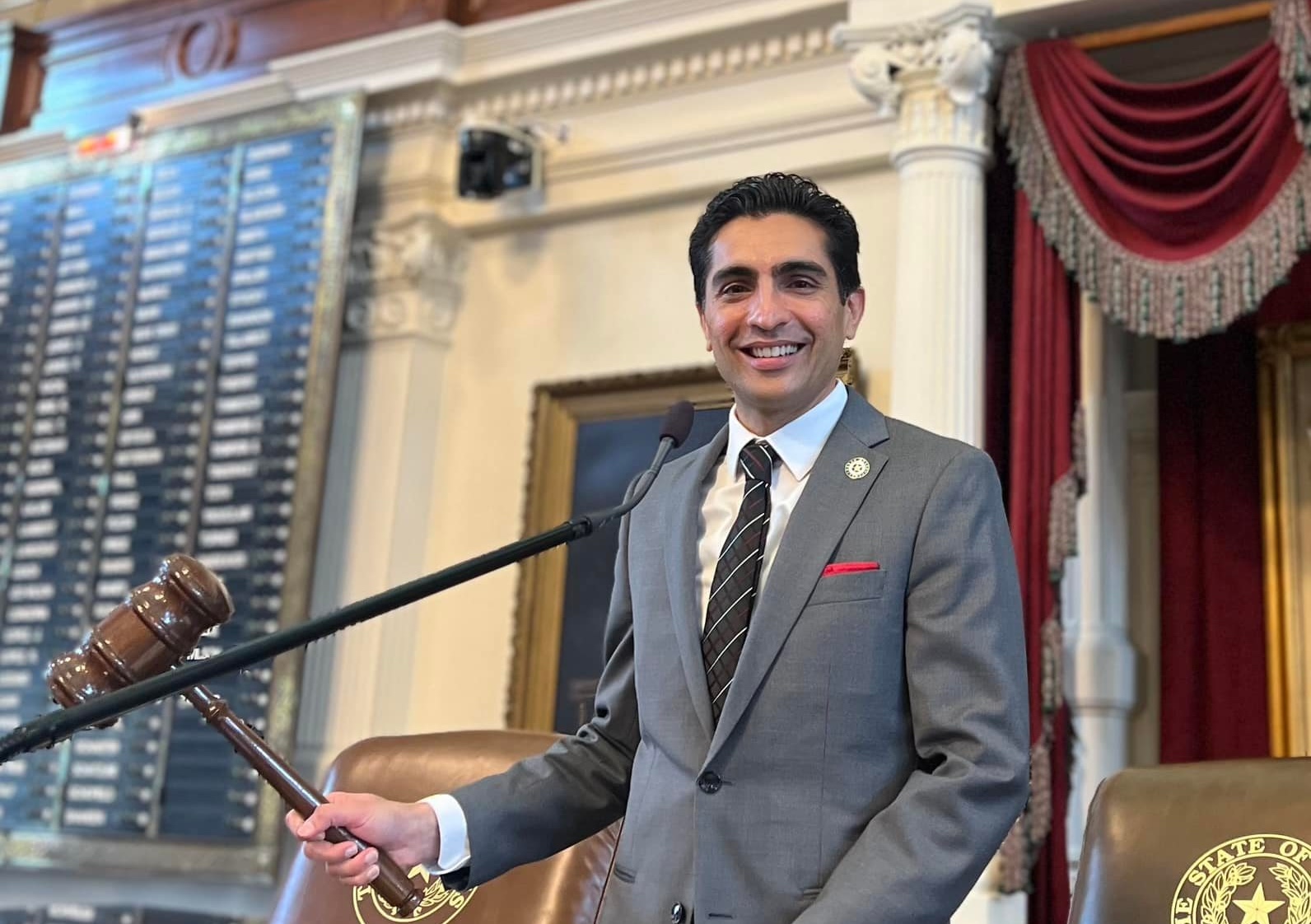Once called the “8th Wonder of the World,” the Houston Astrodome now sits desolate and decaying in the shadows of NRG Stadium and convention center. With ideas floating around about what should become of the architectural relic, the only thing certain is that taxpayers will once again be hit up for more debt to fund the project.
Officially closed in 2006, the Astrodome is the world’s first multi-purposed domed stadium. Harris County has been determined to save the aging structure and wants to repurpose it. But Houston voters have said they don’t want to pay for a dome project, and private investors aren’t exactly jumping at the chance to invest in the reconstruction of a property that sits in the NRG Complex.
In 2013 a referendum was presented to voters by the Harris County commissioners court for $217 million in bonds dedicated to turn the Astrodome into an event and convention center similar to George R. Brown downtown. Voters narrowly defeated the referendum, with fifty-three percent opposed. Shortly following the rejected bond, Harris County Judge Ed Emmett said the stadium’s future was decided with the failed referendum, and a decision on how to proceed would come quickly. Now, two years later, many of the same ideas are being recycled.
The original bond referendum in 2013 disclosed to voters that its passage would result in, “an additional separate ad valorem tax.” Reform advocates supporting greater transparency have been pushing to make including this information on the ballot a requirement so taxpayers know exactly how approving new debt will impact their property tax rate.
The Urban Land Institute recently presented a plan to the Harris County Commissioners Court, at the request of Judge Emmett, to see what could be done with the dome. Their plan calls for $242 million to convert the Astrodome into one of, if not the, largest indoor parks complete with underground parking, and green space surrounding the dome.
Emmett, along with the Urban Land Institute and preservation groups, want to see spaces for exercising, biking, and rock climbing inside the dome. While it will remain without air conditioning, they think they can convert the facility into a recreational area for the community, using public-private partnership dollars.
Emmett has a trip to Krausnick, Germany planned in early May, paid for by campaign funds, to visit The Tropical Island Resort and gather some insight on what could become of Houston’s Astrodome.
The Tropical Island Resort was once an empty airport hangar and has since been repurposed to include nightclubs, a waterpark, indoor beach, and hotel/resort, all built through a public-private partnership. Emmett wants to evaluate this project and contemplate how Houston could build its own version.
On the surface, the idea seems appealing except for one glaring problem.
As has been the case with previous plans for the dome, private companies have refused to invest in development because of the preemptive rights that the Houston Texans football franchise and the Houston Livestock and Rodeo Show have on the area.
The entire NRG park is essentially shut down during the month of March for the rodeo, so many private investors have concerns over how accessible their developments inside the Astrodome would be during that time period. And while the Rodeo dominates March, the Texans get full control over the area during home games and other events associated with the franchise. This puts any would-be Astrodome investors at an automatic disadvantage.
The public has stated with their vote that they don’t want taxpayer money used to turn the Astrodome into a tourist attraction only to be unavailable in March or during game days. Since the court refuses to tear down the dome it’s inevitable that they will be coming back to the voters with a bond proposal.
Any plan that doesn’t include a majority of funding from private investors is almost sure to fail. After all, if private investors don’t see an economical alternative for converting the use of the Astrodome, why should taxpayers be asked to fund it with more long-term debt?



